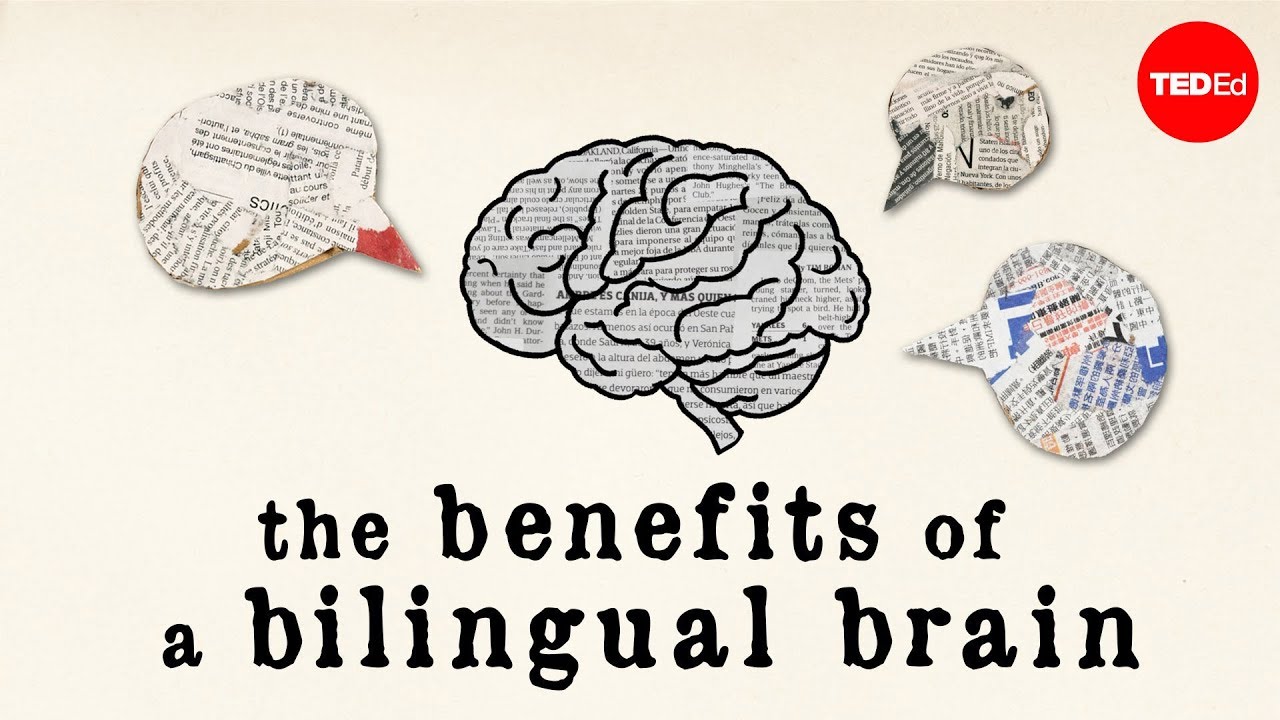The Benefits of Bilingualism: Unlocking the Power of Language
In today’s interconnected world, bilingualism has become increasingly valuable. Being fluent in more than one language opens up a world of opportunities and provides numerous cognitive, social, and professional benefits. In this article, we explore the advantages of bilingualism and how it can positively impact various aspects of life.
Enhanced Cognitive Abilities
Bilingual individuals have been found to possess enhanced cognitive abilities compared to monolingual individuals. Learning and using multiple languages stimulates the brain, leading to improved memory, attention, and problem-solving skills. Research has shown that bilingualism can even delay the onset of cognitive decline and reduce the risk of developing Alzheimer’s disease.
Improved Communication Skills
Mastering multiple languages not only facilitates communication with a wider range of people but also enhances overall communication skills. Bilingual individuals tend to have a better understanding of different cultures and perspectives, enabling them to communicate effectively and empathetically. They are often more adept at interpreting non-verbal cues and adapting their communication style to suit different contexts.
Increased Career Opportunities
Bilingualism is highly sought after in the job market. Employers value candidates who can communicate with diverse audiences and navigate multicultural environments. Being bilingual can open doors to international job opportunities, increase your chances of landing a promotion, and even lead to higher salary prospects. In today’s global economy, the ability to speak multiple languages is a valuable asset that sets you apart from the competition.
Enhanced Cultural Understanding
Language and culture are deeply intertwined. By learning a second language, you gain insights into different cultures and develop a deeper appreciation for diversity. Bilingualism fosters cross-cultural understanding, allowing individuals to engage with people from various backgrounds and build meaningful connections. It also promotes tolerance, empathy, and respect for other cultures.
Improved Academic Performance
Research has consistently shown that bilingual individuals tend to perform better academically compared to monolingual individuals. Learning multiple languages enhances cognitive flexibility, critical thinking, and problem-solving abilities, which are all crucial skills for academic success. Bilingual students often demonstrate higher levels of creativity, better multitasking abilities, and improved overall academic performance.
Greater Cognitive Reserve
Bilingualism has been linked to the concept of cognitive reserve, which refers to the brain’s ability to cope with age-related changes and neurological diseases. The cognitive benefits of bilingualism, such as improved executive functions and attention control, contribute to a greater cognitive reserve. This reserve acts as a protective factor, reducing the impact of cognitive decline and providing resilience against neurological disorders.

Bilingualism offers a multitude of benefits that extend beyond language proficiency. From enhanced cognitive abilities and improved communication skills to increased career opportunities and greater cultural understanding, being bilingual provides a competitive edge in today’s globalized world. Embracing bilingualism not only enriches your personal and professional life but also contributes to a more inclusive and interconnected society.
Frequently Asked Questions
1. What are the benefits of being bilingual?
Being bilingual has numerous advantages, such as improved cognitive abilities, better job prospects, enhanced cultural awareness, and increased communication skills.
2. Does being bilingual improve brain function?
Yes, studies have shown that bilingualism can enhance brain function, including improved memory, attention, and problem-solving skills.
3. Can bilingualism delay the onset of dementia?
Research suggests that bilingual individuals may experience a delay in the onset of dementia and Alzheimer’s disease compared to monolingual individuals.
4. Does bilingualism enhance creativity?
Yes, being bilingual can boost creativity as it requires the ability to think flexibly and switch between languages, stimulating the creative thinking process.
5. Are bilingual individuals better at multitasking?
Yes, bilingualism has been linked to improved multitasking abilities, as bilingual individuals are accustomed to switching between languages and managing multiple language systems.
6. Can being bilingual improve academic performance?
Research suggests that bilingual students often outperform monolingual students in areas such as problem-solving, critical thinking, and reading comprehension.
7. Does bilingualism improve cultural understanding?
Absolutely, being bilingual allows individuals to engage more deeply with different cultures, fostering empathy, understanding, and appreciation for diverse perspectives.
8. Are bilingual individuals more adaptable?
Yes, bilingualism enhances cognitive flexibility and adaptability, enabling individuals to navigate different social and linguistic environments with ease.
9. Can being bilingual lead to higher income?
Research has shown that bilingual individuals often have higher earning potential and more job opportunities, especially in fields where language skills are in demand.
10. Does bilingualism improve overall language skills?
Absolutely, being bilingual can improve overall language skills, including vocabulary, grammar, and communication proficiency in both languages.




